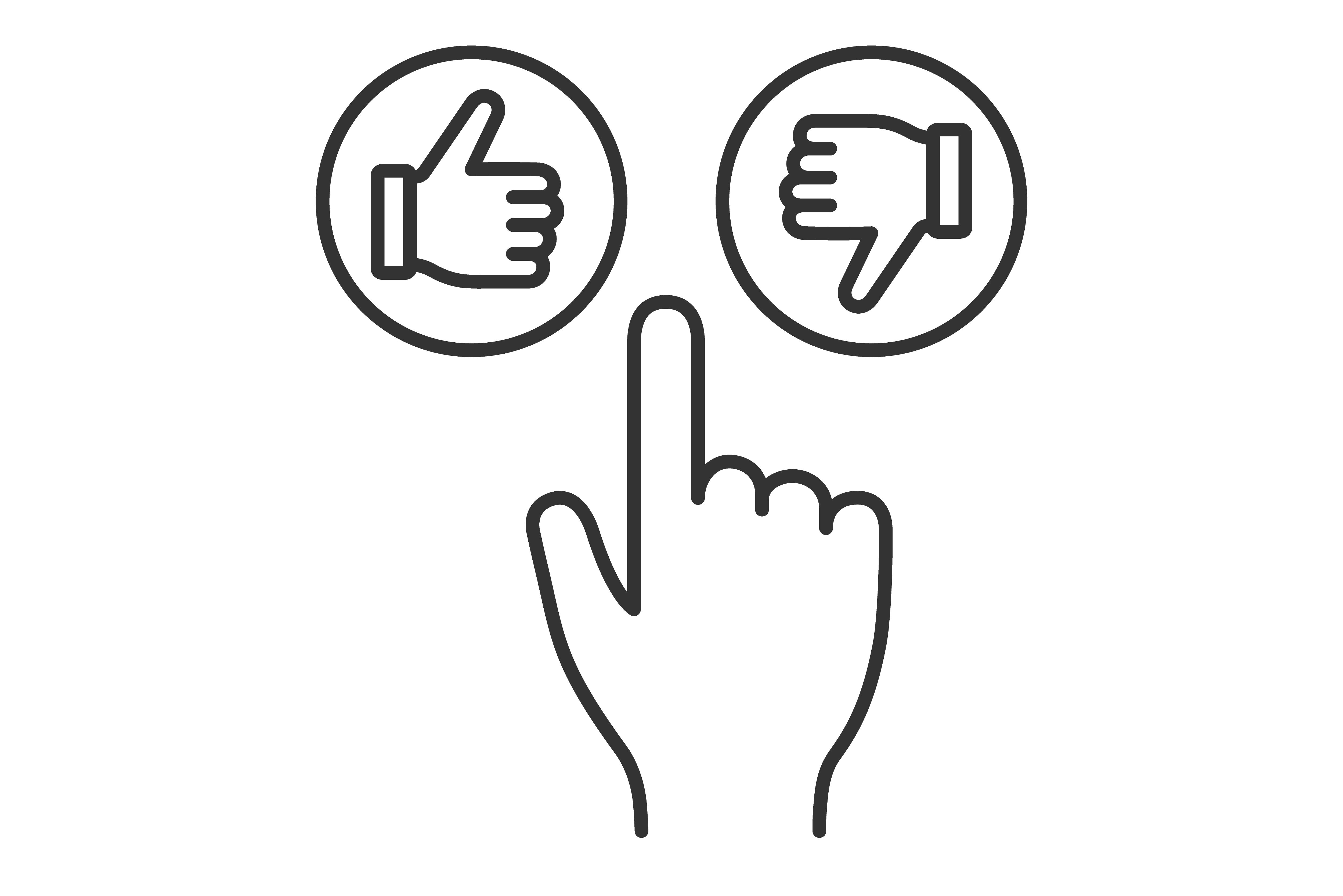Using “please” and “thank you” online might get you more than just high marks for good manners: it may make you appear more credible and reliable, regardless of whether the information you’re communicating is actually useful or helpful.
According to a new study published in the June edition of MIS Quarterly, answers to questions asked on the internet are more likely to be seen as high quality if they are perceived as polite, findings with implications both for individuals and for businesses that interact with consumers.
“Being polite goes a long way,” says Shun-Yang Lee, an assistant professor of operations and information management in UConn’s School of Business, whose research focuses on understanding the interaction between humans and information systems. He co-authored the study with Huaxia Rui from the University of Rochester’s Simon Business School and Andrew B. Whinston from the University of Texas at Austin’s McCombs School of Business.
“From an individual’s point of view, being polite can make people more receptive to your ideas,” Lee says.
Community-based question-answering platforms – internet sites where users can post questions or provide answers on a vast range of topics – are popular and prolific online. Sites like Yahoo! Answers, Quora, and Stack Exchange are convenient platforms to exchange knowledge and are open, meaning that anyone can join in and contribute to question-and-answer conversations.
Online communities will have to be mindful of the trade-off between having polite but not so useful answers, and useful but not so polite answers. — Shun-Yang Lee
Since the platforms are large, however, deciphering what is good information and what is lacking can be a challenge, and moderating every question and answer is unwieldy for site administrators. Most platforms have instituted voting systems where users can rate the helpfulness of an answer – often with a “thumbs up or thumbs down” or “best answer” style of rating system – but those systems are subjective, depending entirely on the perception of individual users.
In their study, the researchers sought to determine if a so-called “politeness bias” exists in these online conversations. If so, such a bias would affect the transfer of knowledge between users, potentially impacting the way we think about information sharing systems and the way that platforms choose to rank or evaluate user-generated content.
The researchers analyzed data from Stack Exchange, and found that question askers were more receptive to answers that were perceived as polite, regardless of the quality of the information they actually contained. Question askers were more sensitive to the politeness of an answer than the general audience on the site, but question askers were also empowered to select and rate the “best answer” that they received to their question. The selection of a “best answer,” the researchers say, could leave other users reluctant to contribute and could lead to other, high-quality answers being buried in the conversation.
“Online communities will have to be mindful of the trade-off between having polite but not so useful answers, and useful but not so polite answers,” says Lee. “For online communities whose objective is knowledge creation or aggregation, they should remind users that high quality answers are more important than politely written answers, because at the end of the day, the shared knowledge is what matters. In contrast, for online communities whose objective is socializing, polite posts can lead to more agreement and acceptance.”
The study’s implication for businesses that deal with consumer inquiries, Lee says, is that being polite can potentially improve customer satisfaction: “As companies don’t always have the perfect or most satisfying response to customer inquiries, our study implies that as long as companies can communicate with customers in a polite way, the customers can still be satisfied with a not-so-perfect response.”
The study focused only on online platforms, where there are no visual or verbal cues – such as facial expressions or tone of voice – that would allow greater evaluation of an individual’s politeness.
“As a result, the way a sentence is written becomes especially important,” he says. “Different people interpret politeness differently and therefore, there are no universal indicators of politeness.”
Lee adds that the study suggests the reason for the politeness bias is people’s need to maintain face, so a rule of thumb should be to communicate with respect in order not to hurt the recipient’s self-image.
He says further study will likely look at how politeness bias affects communications in contexts beyond online discussions, such as in business and education settings.



